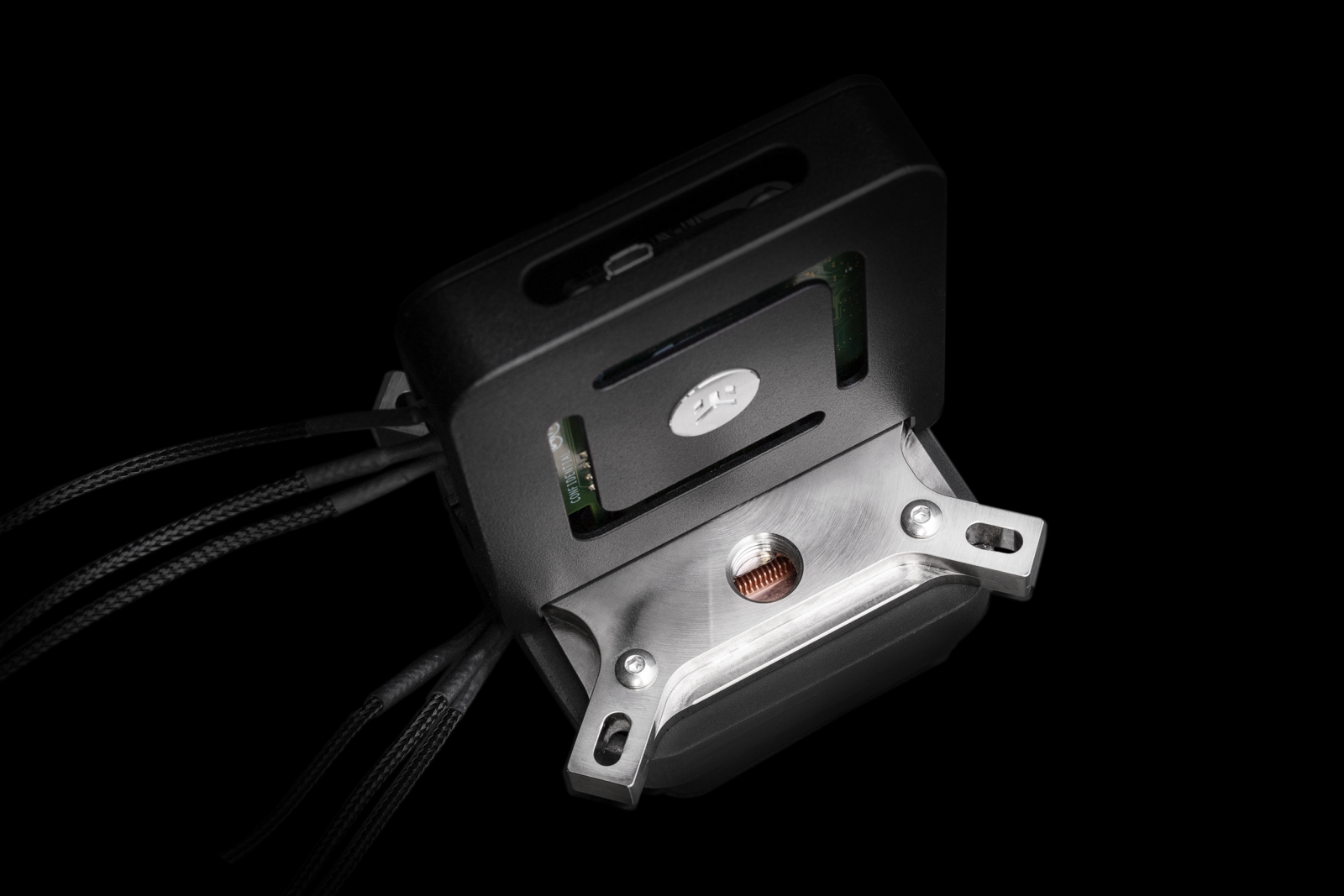
Liquid cooling manufacturer EKWB is taking the reins of Intel's recently killed-off Cryo Cooling Technology and is maintaining support of its EK Delta TEC waterblock independently from Intel, according to a report from TechPowerUp. EKWB has added 14th Gen Raptor Lake Refresh support to the Delta TEC, despite Intel dropping support with 13th Gen Raptor Lake.
Intel apparently did not find its investment into the Cryo Cooling ecosystem to be worthwhile, and the company discontinued its home-brewed Cryo Cooling Technology on July 1, 2023, and discontinued distributing software updates on Dec. 31, 2023. Despite launching with Intel's 10th Gen Comet Lake CPUs several years ago, AIOs utilizing Intel's Cryo Cooling Technology never gained traction — most likely because they were expensive and offered limited functionality.
Intel's Cryo Cooling Technology takes advantage of the Peltier effect, a phenomenon in which an electric current creates a temperature difference between two materials as it flows through both materials. In other words, coolers using the Peltier effect use the physical properties of electricity to cool the CPU. Coolers utilizing Intel's Cryo Cooling Technology use a combination of liquid cooling and electricity to cool the CPU.
These Cryo liquid coolers can drop CPU temps well into the sub-zero range, making them the perfect cooling candidates for overclocking. But, like with all exotic cooling solutions, they have their drawbacks. The biggest one is power — these coolers can generate more than 200W of power by themselves, necessitating huge power supplies to cope with the extra power (not to mention a healthy power budget). Another issue is pricing: At launch, one of the cheapest Cryo coolers you could get was the Cooler Master ML360 for $350. Today it's even more expensive, with EK's TEC cooler priced at a whopping $579.99.
Ironically, cooling performance is another issue with these coolers. Even though they are capable of producing sub-zero temps, EKWB warns that its TEC cooler is not designed for all-core heavy workloads, insisting that the TEC is designed for lighter workloads in mind. This is a serious drawback for an exotic cooler. In our testing with the ML360, we also found this to be the case. Under a high enough load, these coolers actually perform worse than traditional AIO liquid coolers.
With these drawbacks in mind, it's not that surprising Intel finally gave up on Cryo Cooling Technology. But with EKWB now in the driver's seat, it will be interesting to see how far the cooling company will take Intel's Cryo Cooling Tech. In a best-case scenario, EKWB could continue developing Intel's Cryo Cooling design, creating more advanced and capable cryo coolers in conjunction with former Intel Cryo Cooling partners such as Cooler Master.
Realistically though, EKWB could just be in this to keep its EK Delta TEC waterblock up to date. We don't even know if EKWB will push its updated Raptor Lake Refresh software support to other Cryo Coolers, such as the Cooler Master ML360. One can hope that EKWB will continue the Cryo Cooling dream Intel started, but this might be the last rodeo for Peltier coolers in the PC space for a while.






